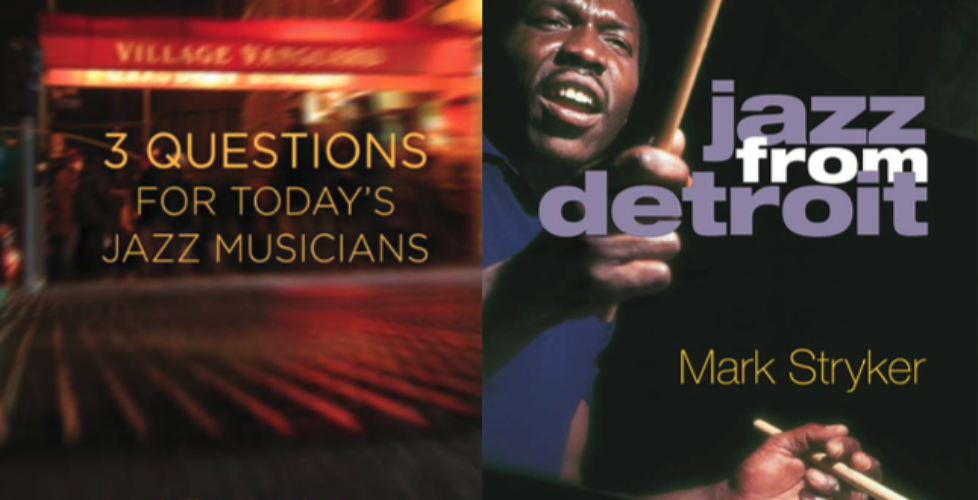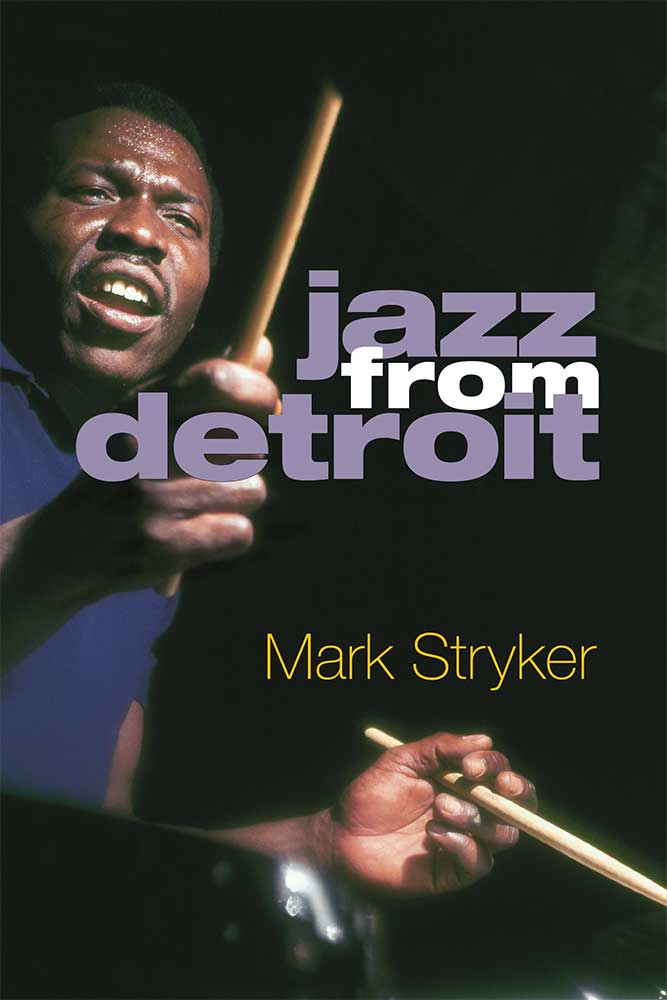In The Books – “Jazz From Detroit” & “3 Questions…”

Glass ceilings aside, jazz’s die-hard, urban six-stringer Bobby Broom, remains relevant in today’s jazz world. His recordings typically find themselves among the top spots on national jazz radio charts. When performing live with either of his units, the Bobby Broom Trio or the Organi–Sation, whether at home or abroad, audiences receive a deeply heartfelt show, that represents his lifelong dedication to jazz and music.
Recently, Bobby appears in two new jazz texts. The first, by Lilian Dericq from France, who has written a modern-day answer to the book, “Three Wishes,” by Baroness De Koenigswarter. Koenigswarter, known as the ‘Jazz Baroness,’ was a descendant of the Rothschild family and a friend and patron to many of the leading jazz figures of the 1940s and 50s. In 2006, a book of her transcribed interviews with 300 musicians, conducted between 1961-’66, was posthumously published.
“3 Questions For Today’s Jazz Musicians” similarly engages 334 modern-era jazz musicians. Along with 333 of jazz’s remaining legends and current stars, Bobby responds about his dream-band, fondest musical memories and hope for the future.

Broom also shares his anecdote about his time with jazz icon, mentor and fellow guitarist Kenny Burrell, in a new book about Detroit musicians called, “Jazz From Detroit.” Written by Mark Stryker, the book chronicles jazz music via the involvement of influential musicians such as Barry Harris, the Jones brothers – Hank, Thad and Elvin, Milt Jackson, Joe Henderson, Donald Byrd, Burrell, etc. Bobby recalls a story from his time in Kenny’s “Jazz Guitar Band,” the group that Burrell assembled in 1987 for which he hand-picked the young guitarists, Rodney Jones and Broom, to present them and the new band for international touring and live recordings at New York City’s Village Vanguard.

When Bobby was asked what being included in these books means to him, he reminisced: “There was a point during my early relationship with jazz music, when I became despondent because I thought that I was born too late to ever be involved in the music with the people and to the degree I wanted to. Even though I was very disappointed about that at the time, I vowed to practice hard anyway because what was most important to me was that I learn to play up to the level that I heard coming from those recordings. It seems that when I made that decision, my life in jazz began.”
